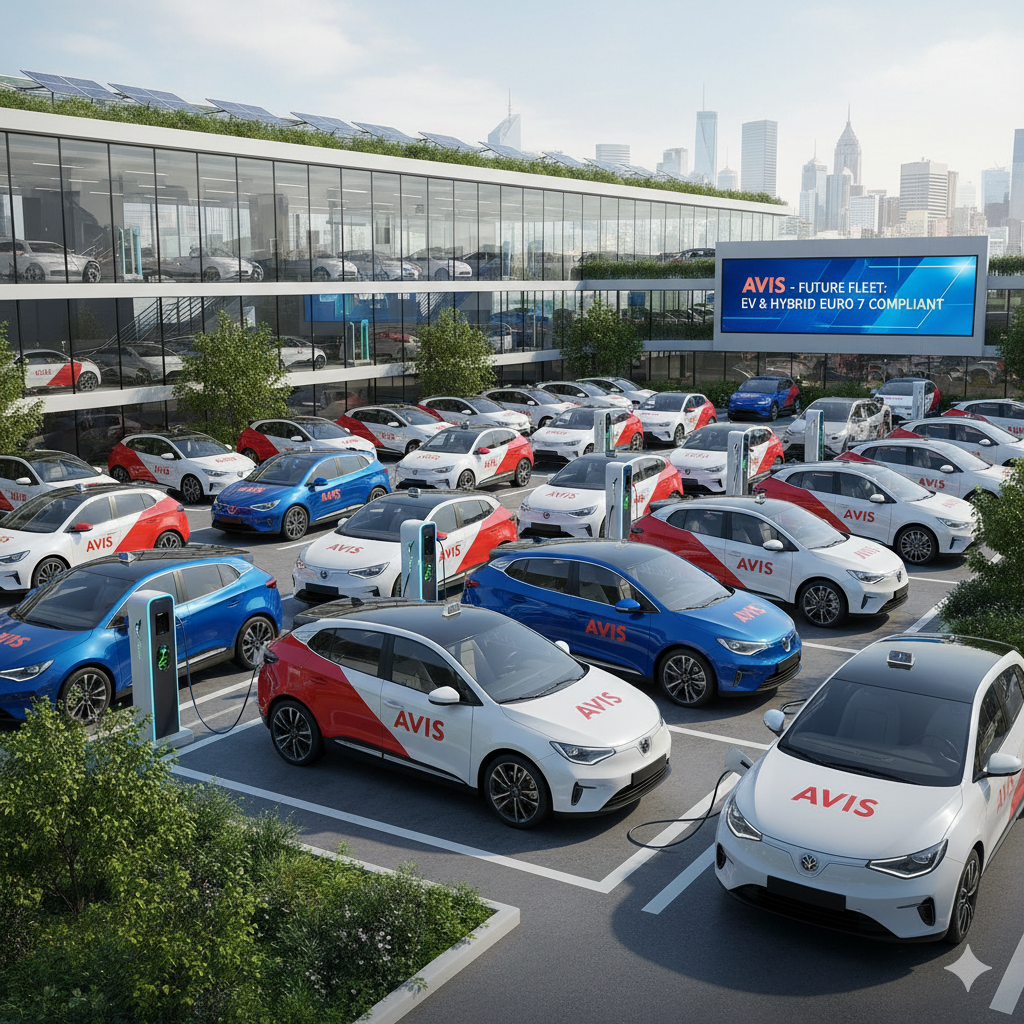Competition from ridesharing and its impact on car rental: what does it mean for car rental companies?

Ridesharing is changing the way people move around cities. Uber, Bolt and other platforms have disrupted traditional mobility models and created new customer expectations.
This article compares the benefits and limitations of ridesharing versus renting cars, explains their impact on car rental companies, and offers recommendations for companies, managers, and marketing teams.
How ridesharing works and why is it growing ?
New customer behaviour

- Immediate availability of services
- Pay as you go
- Carefree operation
Technological innovation
- Mobile app and GPS tracking
- Security standards
- Driver ratings
Economic reasons for growth
- Lower entry capital for drivers
- Flexibility of work
- High demand in cities
The impact of ridesharing on car rental companies
Direct cocurrency
- Short urban transfers often replace short-term rentals
- Competition in availability and speed
Rising client expectations
- Higher service levels
- Digitisation of processes
- Personalised offers
Advantages of car rental versus ridesharing
- Greater autonomy
- Lower costs for longer routes
- Wider choice of vehicles
AVIS and new mobility models

Short-term rental (AVIS)
- Rapid vehicle availability
- Cost-effective solutions
Long-term rentals (AVIS Lease)
- Stable monthly costs
- Service and maintenance included
Commercial vehicles for business (AVIS Van Rental)
- Flexible solutions for businesses
- Wide fleet of vans
Mobility trends for 2025 and beyond
- Decline in car ownership
- Development of micro-mobility
- Combined forms of mobility
- Recommendations for companies and managers - analyse vehicle usage, evaluate the cost of ridesharing vs. renting, consider hybrid models
Frequently asked questions
Is ridesharing cheaper than renting a car ?
It depends on the situation. For short routes often yes, for longer ones the rental wins.
When is it better to rent a car ?
For business trips, weekend transfers and out of town activities.
How does ridesharing affect businesses ?
It increases flexibility, but it can also increase mobility costs.
Summary / TL;DR
- Ridesharing is growing especially in cities
- Renting remains more profitable for longer routes
- Car rental companies need to innovate
- AVIS offers modern forms of mobility
- Companies should combine multiple solutions
Ridesharing is a strong trend, but car rental remains a reliable solution for companies and individuals. Want to find out what's better for you? Contact AVIS Slovakia and we will prepare a personalized mobility solution for you.